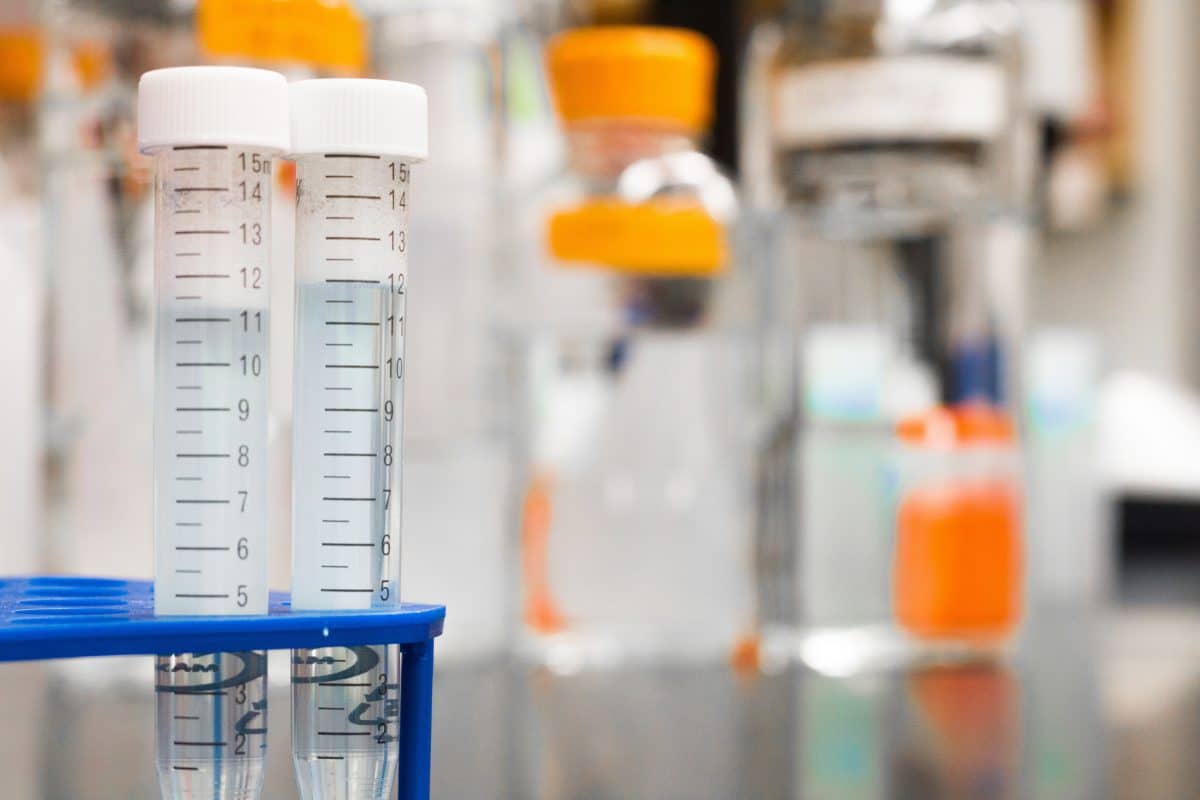GENETIC TESTING MALPRACTICE
PRENATAL SCREENING
Prenatal screening for genetic disorders has become a mainstream part of obstetric practice. These screenings will show parents whether they have an increased risk of having a fetus that might be affected by a genetic disorder. It is sometimes recommended that parents that are at high risk of having a baby with a genetic disorder due to both parents being carriers, choose not to conceive together, and to consider using a donor if they wish to have children.
PRENATAL TESTING
Prenatal testing during pregnancy is designed to actually test the fetus to see there is a genetic disorder present. Unfortunately, the testing is not 100% accurate and there are many false negatives and false positives that occur, leaving parents with difficult decisions. A false negative could result in a baby being born with a genetic disorder, and a false negative could cause the termination of a healthy fetus. This leaves parents with difficult decisions, and has given rise to a large number of lawsuits for wrongful abortion and wrongful birth.
AMNIOCENTESIS
Amniocentesis is the most accurate test, and is recommended for women over the age of 35. Testing can be done early, if requested, and if there is a family history of genetic disorders. It is usually performed between 14 and 20 weeks, and involves taking a sample of the amniotic fluid through a needle. This test is more accurate than others, but still has some percentage of false positives and negatives.
NEGLIGENCE
In addition to the flaws inherent to testing that if performed properly, there is sometimes negligence in the testing process. There is an expectation that genetic testing will be done properly, that the correct tests will be given, that the laboratory will perform the tests properly and that the doctors will interpret the results correctly. This is when families that that suffered with a wrongful birth should contact an experienced genetic malpractice attorney.
These are some situations from recent cases where the expectation of proper testing was not correct:
- Failure to offer genetic counseling to a family
- Failure to provide appropriate prenatal testing
- Errors by the laboratory
- Doctors did not accurately interpret results
- Medical professional failing to carry out orders
FAILURE TO OFFER GENETIC COUNSELING
Some younger mothers may decide to have testing based on their family history, and to test early in the pregnancy. Those decisions should be made with the benefit of genetic counseling. If no testing is done, and a baby is born with a genetic disorder, the failure of the medical office to recommend it, will present serious liability. Genetic counseling is a very important part of the process as informed consent must be obtained for the decision to either terminate or continue a pregnancy in light of the information that the testing provides. Parents must be counseled about the impact of a genetic disorder on a person’s health, and also about the statistics of false positives and negatives. Failure to offer this counseling leaves the medical profesionals vulnerable to a lawsuit, should the decision that was made by the parents, turn out to be a bad one.
FAILURE TO PROVIDE APPROPRIATE GENETIC TESTING
Testing must be offered to all mothers based on the results of their genetic counseling, their health history and their age. Failure to arrange for this testing, should a baby be born with a genetic disorder, would clearly be malpractice. The testing must also be appropriate, if a mother that is under 35 is given an amniocentesis that causes a spontaneous abortion with a good reason for having the testing done, the doctor can be liable for this inappropriate testing.
ERRORS AT THE LABORATORY
Human error can play a part in any disaster, and errors at laboratories are common. Sometimes the wrong sample is tested or the beaker is contaminated. These mistakes can cause false positives or negatives regarding the health of a fetus. When this happens the laboratory is obviously liable, but the doctors can also be responsible if they based their decision solely on the testing, and did not apply common sense that might be needed, such as checking the patient’s history.
DOCTORS DID NOT CORRECTLY INTERPRET THE RESULTS
Test results must be interpreted by a doctor, and sometimes they are not interpreted correctly. It could be that the results were written on the wrong patient’s chart or that the doctor was not familiar enough with the testing and the disorders. This gives rise to liability should a decision be made to terminate a pregnancy or a pregnancy continues with an unexpected result.
WRONGFUL ABORTION
An evolving area of the law surrounds cases where negligence is alleged that caused them to terminate a pregnancy with a health fetus. This loss of a fetus can be actionable where the decision was based the wrong information. These cases often turn on the psychological and emotional harm that the family feels when they find out that they have terminated a healthy pregnancy.
WRONGFUL BIRTH
These sad cases are for children who were born with devastating diseases that could have been diagnosed with genetic testing very early in the pregnancy. The quality of life for these children can be close to non-existent, and the parents must suffer through this anguish and experience economic loss due to the astronomical cost of caring for these severely disabled children. We understand that this is a serious issue, and that not all parents might elect to end a pregnancy no matter the testing results are, but parents should be given the option of testing, and the testing should be done correctly to determine what genetic problems a fetus might have. Some genetic problems cause disabilities that might cause a child to have a disability such as Down’s Syndrome or Dwarfism that might make their lives more difficult, but with proper support, well worth living. There are other genetic problems that are so devastating that there is virtually no quality of life. That’s when you might consider bringing an action for wrongful birth with a genetic malpractice attorney. If your family is living with the aftermath of wrongful birth, you owe it to yourselves to contact a genetic medical malpractice attorney for a consultation.







